Postpartum Depression & Anxiety
With the enormity of becoming a mother, it’s natural to feel a range of emotions and feel them deeply! A woman’s emotional health is most at risk during pregnancy or following the birth of a baby than any other time in her life. In fact, 1 in 5 mothers experience Postpartum Depression or Anxiety making it the most common complication of childbirth. Fathers (www.postpartummen.com) and adoptive parents can experience it, too.
Do you…
- Have trouble sleeping?
- Find you’re exhausted most of the time?
- Notice a decrease in your appetite?
- Worry about little things that never used to bother you?
- Wonder if you’ll ever have time to yourself again?
- Feel guilty, ashamed, and think you are not a good mother
- Think your children would be better off without you?
- Worry that your husband or partner will get tired of you feeling this way?
- Quick to anger and seem to snap at others over everything?
- Think everyone else is a better mother than you are?
- Cry over the slightest thing?
- No longer enjoy the things you used to enjoy?
- Isolate yourself from your friends and neighbors?
- Fear leaving the house or being alone?
- Have anxiety attacks?
- Have unexplained anger?
- Have difficulty concentrating?
- have repeated, unwanted “scary thoughts” about your baby’s well being that seem to come out of nowhere?
- Think something else is wrong with you or your marriage?
- Feel like you will always feel this way and never get better?
Do you feel this way much of the time? For longer than two weeks? You could be experiencing Postpartum Depression.
We know that feeling vulnerable can make it difficult to ask for help. But we also know that reaching out for support can be very empowering by providing you and your family with information, understanding, and the tools you need to feel better.
Psychotherapy for postpartum depression is a well-established, evidenced-based treatment for postpartum depression. Postpartum Depression is very treatable. Do not let misinformation, uncertainty, shame, finances, embarrassment, or denial get in the way of you getting the help you need. Once you decide to seek treatment, you will be on the road to feeling better.


